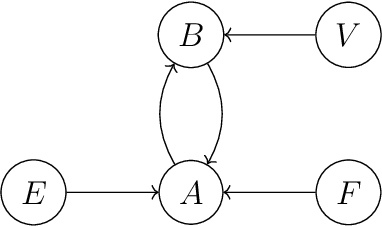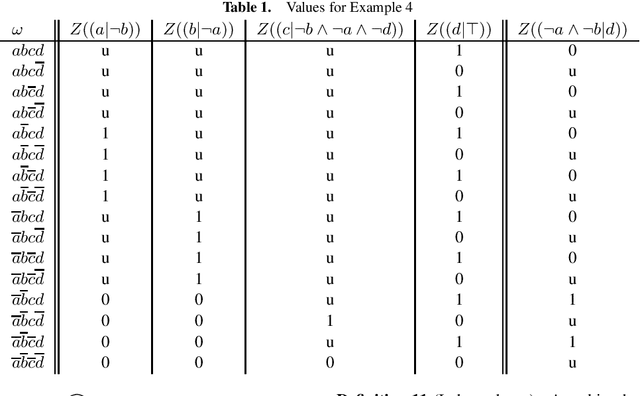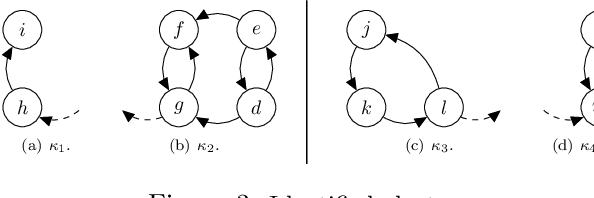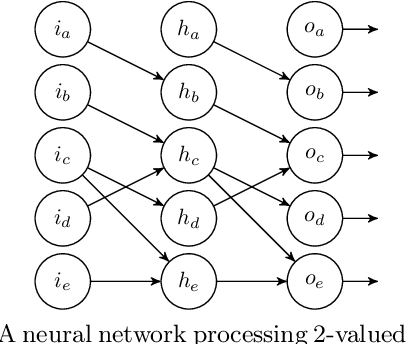Kenneth Skiba
Extension-ranking Semantics for Abstract Argumentation Preprint
Apr 30, 2025



Abstract:In this paper, we present a general framework for ranking sets of arguments in abstract argumentation based on their plausibility of acceptance. We present a generalisation of Dung's extension semantics as extension-ranking semantics, which induce a preorder over the power set of all arguments, allowing us to state that one set is "closer" to being acceptable than another. To evaluate the extension-ranking semantics, we introduce a number of principles that a well-behaved extension-ranking semantics should satisfy. We consider several simple base relations, each of which models a single central aspect of argumentative reasoning. The combination of these base relations provides us with a family of extension-ranking semantics. We also adapt a number of approaches from the literature for ranking extensions to be usable in the context of extension-ranking semantics, and evaluate their behaviour.
An Extension-Based Argument-Ranking Semantics: Social Rankings in Abstract Argumentation Long Version
Dec 18, 2024Abstract:In this paper, we introduce a new family of argument-ranking semantics which can be seen as a refinement of the classification of arguments into skeptically accepted, credulously accepted and rejected. To this end we use so-called social ranking functions which have been developed recently to rank individuals based on their performance in groups. We provide necessary and sufficient conditions for a social ranking function to give rise to an argument-ranking semantics satisfying the desired refinement property.
Towards Ranking-based Semantics for Abstract Argumentation using Conditional Logic Semantics
Aug 05, 2020
Abstract:We propose a novel ranking-based semantics for Dung-style argumentation frameworks with the help of conditional logics. Using an intuitive translation for an argumentation framework to generate conditionals, we can apply nonmonotonic inference systems to generate a ranking on possible worlds. With this ranking we construct a ranking for our arguments. With a small extension to this ranking-based semantics we already satisfy some desirable properties for a ranking over arguments.
Online Handbook of Argumentation for AI: Volume 1
Jun 22, 2020

Abstract:This volume contains revised versions of the papers selected for the first volume of the Online Handbook of Argumentation for AI (OHAAI). Previously, formal theories of argument and argument interaction have been proposed and studied, and this has led to the more recent study of computational models of argument. Argumentation, as a field within artificial intelligence (AI), is highly relevant for researchers interested in symbolic representations of knowledge and defeasible reasoning. The purpose of this handbook is to provide an open access and curated anthology for the argumentation research community. OHAAI is designed to serve as a research hub to keep track of the latest and upcoming PhD-driven research on the theory and application of argumentation in all areas related to AI.
 Add to Chrome
Add to Chrome Add to Firefox
Add to Firefox Add to Edge
Add to Edge